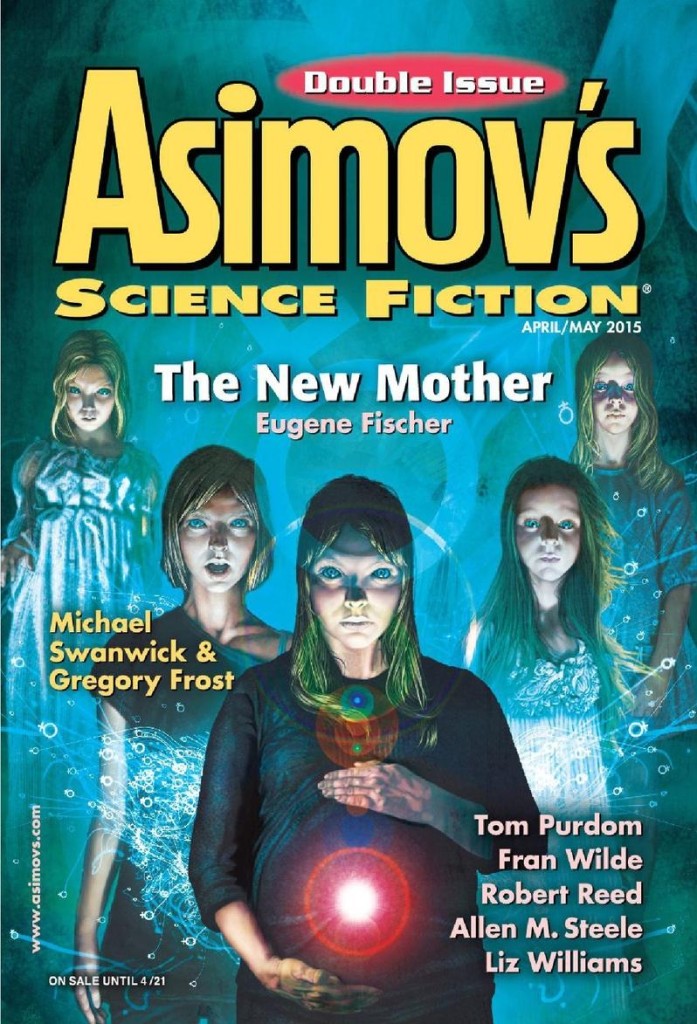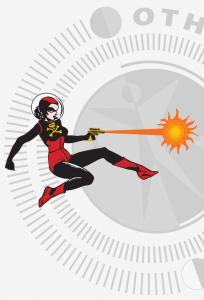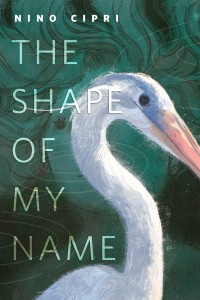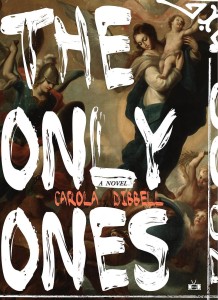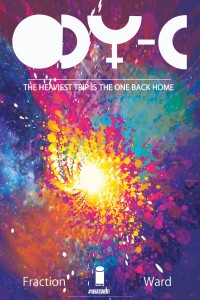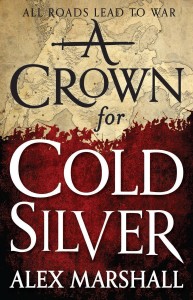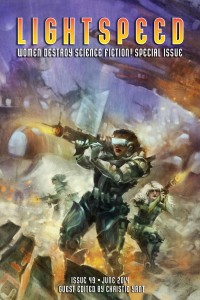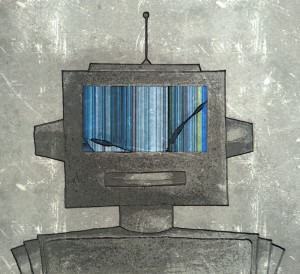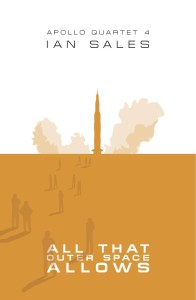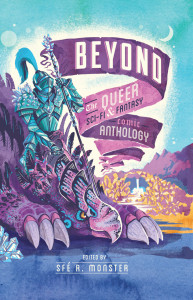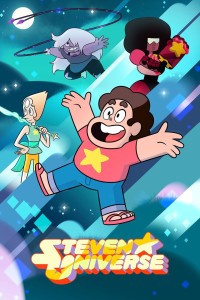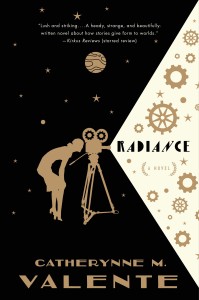The 2015 Otherwise Award was given to Eugene Fischer at WisCon 40, May 27-30, 2016. This year’s other winner, Pat Schmatz, had a previous obligation which prevented her from coming to WisCon; she was celebrated elsewhere.
Recommendations are open for this year’s Otherwise Award.
Award Information
Conference Information
- Award Year: 2015
- Award Year Number: Year 25
- Conference: Wiscon 40
- Date: 27-05-2016
- Location: Madison, WI
Award Sections
Recommendations List
Award News
- 2015 Winners, Honor List, and Long List Announced! April 1, 2016
- More from WisCon 40 June 5, 2016
- Tiptree Award at WisCon 40 June 1, 2016
- WisCon 40 So Far May 29, 2016
- Tiptree 25 T-Shirt: A Freddie Baer Marvel May 17, 2016
Award Winners
The 2015 jury chose 2 works for the Otherwise Award.
While single-gender worlds are not new in science fiction, this is a rare consideration of the start of such a transformation, by way of a sexually transmitted disease that renders the infected person’s gametes diploid. For men, the result is infertility. For women, the result is the capacity to reproduce asexually: spontaneous pregnancies (unless they take a hormonal contraceptive) of genetically identical clones. As the story guides readers through the initial outbreak via journalistic and personal lenses, a range of reactions is highlighted: legislative action, scientific study, religious outrage, and burgeoning panic. This is a timely story, given the current political climate in the United States (where the story is set) with increasingly invasive attempts to police bodies across gender lines. Kivali gives voice to the frustration often felt by children and young adults who do not “fit” as either male or female. In this dystopian society, children are given gender tests at an early age and then trained to live as the gender they tested for. Aspects of this world, for example, post-decision gender training, speak of the lived experience of many trans people forced to earn their transition by acting as female/male as possible. The book also points out the pitfalls of a codified, binary, externally decided approach to transgender lives when there are always people who fall outside of these expectations. Some of the mysteries of this world remain unexplained to the reader just as they are unanswered for Kivali, who finds her independence when a sudden upheaval in her life leads to a choice of conforming or forging her own path.The New Mother by Eugene Fischer (Dell Magazines, 2015)
Work Information
Title: The New MotherAuthor: Eugene FischerCollection:
Title: Isaac Asimov's Science Fiction Magazine April/May 2015Editor: Sheila WilliamsPublisher:
Publisher Name: Dell MagazinesCountry: USAYear: 2015Lizard Radio by Pat Schmatz (Candlewick, 2015)
Work Information
Title: Lizard RadioAuthor: Pat SchmatzPublisher:
Publisher Name: CandlewickCountry: USAYear: 2015
Award Honor List
See full details about the 2015 Honor List
The 2015 jury chose 11 works for the Honor List A story of getting to see what happened on the path not chosen and having the chance to evaluate whether the original choice was the right one. Sarah dreams of the child she cannot bear in her assigned-male-at-birth body and struggles with her deep sense of grief. In a parallel universe she’s able to breach, Sarah’s son has an alternate mother, a woman born with a womb, but without the strength to come out to her family. Sarah and June—two women with the same identity, albeit in different bodies—each learn from the other how to be a more courageous version of themselves. This quiet story of trans identity is tender and beautifully written, but does not pull its punches in terms of the personal hypocrisies of the characters, the compromises they make, or the ways that cruelty and pain are tied to the riskiness of love (and time travel). The relationship between the viewpoint character and their mother, in particular, is beautifully (if painfully) nuanced. Told from the point of view of a young woman supporting herself through medical experimentation, the novel is thoughtful and astute in the way it explores the nexus of social and economic power with technology, racism, and sexism. It has important things to say about the way women’s bodies are treated as resources by institutions that exploit them for economic and political gain, and the ways in which desperate and disempowered women are forced into dangerous collaborations with their oppressors. Matt Fraction is the author of this graphic novel, and Christian Ward is the artist. It’s the aftermath of a galactic war and instead of Odysseus, we have Odyssia and her crew. This is not the first time Homer’s Odyssey has been retold; the gods are still as meddlesome and trying as ever and the heroine’s journey home is still set to take years. What compels readers to return is the combination of non-linear storytelling and arresting visuals that complement the gender-flipped characters and their struggles against cosmic forces greater than themselves. A rollicking epic adventure with an appealing older female main character who clearly has issues beyond just dealing with whomever is trying to kill her and an extended (and extensive) cast who slowly wind their way through this world to band together. It upends most of the usual gender tropes one would find in the sprawling fantasy category, with women as likely as men to be in any particular role, and sexuality not particularly defining of anything except who you’re attracted to. A post-humanist analogy of weaponized femininity, where essentialist notions of gender are deployed by a patriarchal military structure looking for the perfect soldier in a particular niche. The unintended result is a women-centered subculture with the power and opportunity to strike out on their own, for those with the inclination and independence to trade some of the trappings of humanity for that freedom. It’s a fascinating, nuanced, and furious exploration of a range of ideas around women and beauty, the military, body modification, and loyalty. A poignant and wry account of Tesla’s experience of mental illness and body dysmorphia that manages to weave together their experiences of depression, neuroatypicality, asexuality, and their desire for (and to become themself) a robot. The light but genuinely touching and hopeful ending balances the emotional and mental struggles they live through on the way. This novel postulates an alternate 1960s America where science fiction is written and read almost exclusively by women, even though the space race is still a male-dominated field. In addition to serving as a meditation of what this means to a woman science fiction writer who is married to an astronaut in that alternate world, the book also reminds us of the women writers or our past through the main character’s fictional correspondence with her real science fiction writer contemporaries. A wide-ranging and entertaining collection of comics with queer characters, in which readers meet intentional and found families, dragon slayers, adventurers of all stripes, and robots deciding who they are going to be. Rebecca Sugar is the creator and executive producer of this children’s television series which launched in 2013. In the context of children’s television, this show deals with gender in a much more open and mature way than is typical for the genre, and has some of the best writing of any cartoon. Steven is a boy who is kind, caring, and whose magical skill (which he has inherited from his late mother) is that of protection. In addition to showing men and women who do not necessarily conform to standard American gender ideals, the show also gives us an agender/non-binary character and a thoughtful exploration of growing up through Steven and his friend Connie. Set in an alternate solar system in which life thrives on every planet in the solar system, space travel is relatively easy, and patent laws have restricted most films to remain silent, Radiance tells the story of a filmmaker who vanished during principle photography of her last film. Reading like a documentary in novel form, the book is written as transcripts, scenes from the woman’s own films, and fictionalized accounts of her life as told by her father (both before and after her loss). Radiance explores a universe in which film did not abandon women along with title cards.Sarah's Child, Susan Jane Bigelow (Strange Horizons, USA, 2014)
The Shape of My Name, Nino Cipri (tor.com, USA, 2015)
The Only Ones, Carola Dibbell (Two Dollar Radio, USA, 2015)
Off to Far Ithicaa, ODY-C Vol. 1, Matt Fraction, Christian Ward (Image Comics, USA, 2015)
A Crown for Cold Silver, Crimson Empire Book 1, Alex Marshall (Orbit, USA, 2015)
Each to Each, Seanan McGuire (Lightspeed, USA, 2014)
How to Become a Robot in 12 Easy Steps, A Merc Rustad (Scigentasy, USA, 2015)
All that Outer Space Allows, Apollo Quartet 4, Ian Sales (Whippleshield Books, USA, 2015)
beyond: the queer sci-fi and fantasy comic anthology, Taneka Stotts, Sfe Monster (eds.) (beyond, USA, 2015)
Steven Universe, Rebecca Sugar (Cartoon Network, USA, 2013-2016)
Radiance, Catherynne M. Valente (Tor, USA, 2015)
Award Long List
See full details about the 2015 Long List
The 2015 jury chose 31 works for the Long List
- Queers Destroy Fantasy!, [_______] Destroy [_________]! 5, Christopher Barzak, Liz Gorinsky, Matthew Cheney (eds.) (Fantasy, USA, 2015)
- Extraordinary Machine, Bitch Planet Vol. 1, Kelly Sue DeConnick, Valentine De Landro (Image Comics, USA, 2015)
Kelly Sue DeConnick is the writer and Valentine De Landro is the artist.
- Falling in Love with Hominids, Nalo Hopkinson (Tachyon Publications, USA, 2015)
- A Residence for Friendless Ladies, Alice Sola Kim (The Magazine of Fantasy and Science Fiction, U.S.A., 2015)
- Letters to Tiptree, Alexandra Pierce, Alisa Krasnostein (eds.) (Twelfth Planet Press, Australia, 2015)
Nonfiction work including letters to Tiptree by contemporary authors, letters between Tiptree and Ursula Le Guin and Joanna Russ, and essays providing context.
-
Single author collection.
-
Audio only at the time the long list was announced.
- Red Girls: The Legend of Akakuchibas, Kazuki Sakuraba (Haikasoru, USA, 2015)
Japanese (original) version won the Mystery Writers of Japan award in 2007
-
This YouTube nonfiction series is closely related to the infamous Gamergate controversy which began in 2014.
-
Although John Scalzi has withdrawn his 2015 work from awards, the jury felt that mentioning this book on the long list was an appropriate acknowledgment.
- Queers Destroy Horror, [_______] Destroy [_________]! 6, Wendy Wagner, Megan Arkenberg, Robyn Lupo (eds.) (Nightmare Magazine, USA, 2015)
Jurors
Each year, a panel of five jurors selects the Otherwise Award winner. The 2015 jurors were:
- Heather Whipple (chair)
- Jacqueline Gross
- Alessa Hinlo
- Keffy Kehrli
- Nike Sulway
Award Ceremony
See full details about the 2015 Ceremony
The 2015 Otherwise Award was given to Eugene Fischer at WisCon 40, May 27-30, 2016, in Madison, Wisconsin; and Pat Schmatz at Fourth Street Fantasy, Minneapolis, Minnesota.

